The Pros and Cons of Being a Military Brat
When people hear the phrase “military personnel” their thoughts never go to the kids of the men and women who defend our country. Though the ultimate sacrifice is made by those who are enlisted, the kids also play a big part, give up many things in order to help keep our
country free. Though they aren’t on the front lines or in any physical danger, kids who have connections to branches of the military do a part in the freedom that anyone rarely recognizes. By adjusting to their parents’ long hours, developing resilience and self-reliance after every move to new location, or dealing with a parent overseas for a long time, they also play a role in helping to achieve our freedom.
Military life for most kids is exciting. It isn’t all bad, and many people can’t imagine their lives without the frequent moves and unique experiences that being in the military provides them with. Being a military kid is an adventure! Because of the many bases in Japan, Germany, the United Kingdom, Italy, Turkey, and other countries, military families have the opportunity to experience life in a variety of different places. This is a great way to experience other cultures and meet interesting people. After a life of moving around all the time, military kids have a huge list of friends in the U.S. and other countries that they will keep forever. ‘Military brats’ are able to brag about having a long list of places they have lived, and about having friends all over the globe. Not many people from civilian families can say that they have lived in five or more places and have friends in Germany or Japan.
There are a few big downfalls of this way of life that could either make or break the way that people view life being employed in a branch of the military. Moving is one of those disadvantages. Some people enjoy that part of the deal, as they can restart completely in a new location every few years and see a lot of new places, but for the most part moving goes on the cons list. An upside to all the moving is that the kids often develop the ability to quickly adapt to new situations. They adapt well to new environments, new schools, and new people.
Deployments, or long trips when military personnel are sent out to other bases, which are often overseas, to do work related to a war, or military conflict are particularly tough on families, and especially hard on kids. Imagine having a parent away from home, risking their life on a daily basis for an extensive amount of time. Depending on which branch someone is involved with deployments can last up to 12 to 18 months. Skype, Facetime, and other online resources make it easier for families to stay in contact during the course of the trip. Writing letters, e-mailing, and sending care packages are other ways of encouraging our troops and civilian personnel stationed overseas.Though these long trips have a big impact on the lives of the families at home, they often are most challenging for the men and women deployed. We always need to remember what they do to give us freedom.
The lives of kids in military families are exciting, adventurous, and heartbreaking. Everyone has a different way of looking at it, but most people enjoy growing up in a military family, and can’t imagine their lives any other way. So, that kid who you sit next to in History class who has a parent in the military? You should ask them about some of their experiences, where they have lived,what cool things have they gone through. There is a good chance they have some interesting stories to tell.


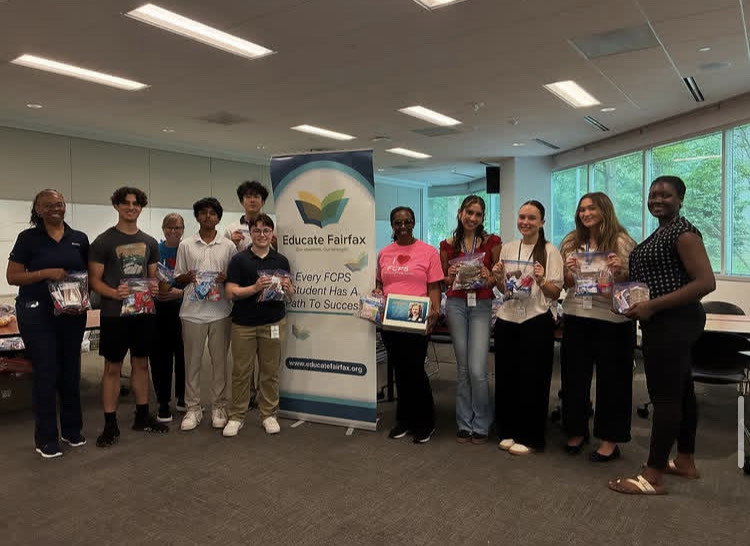

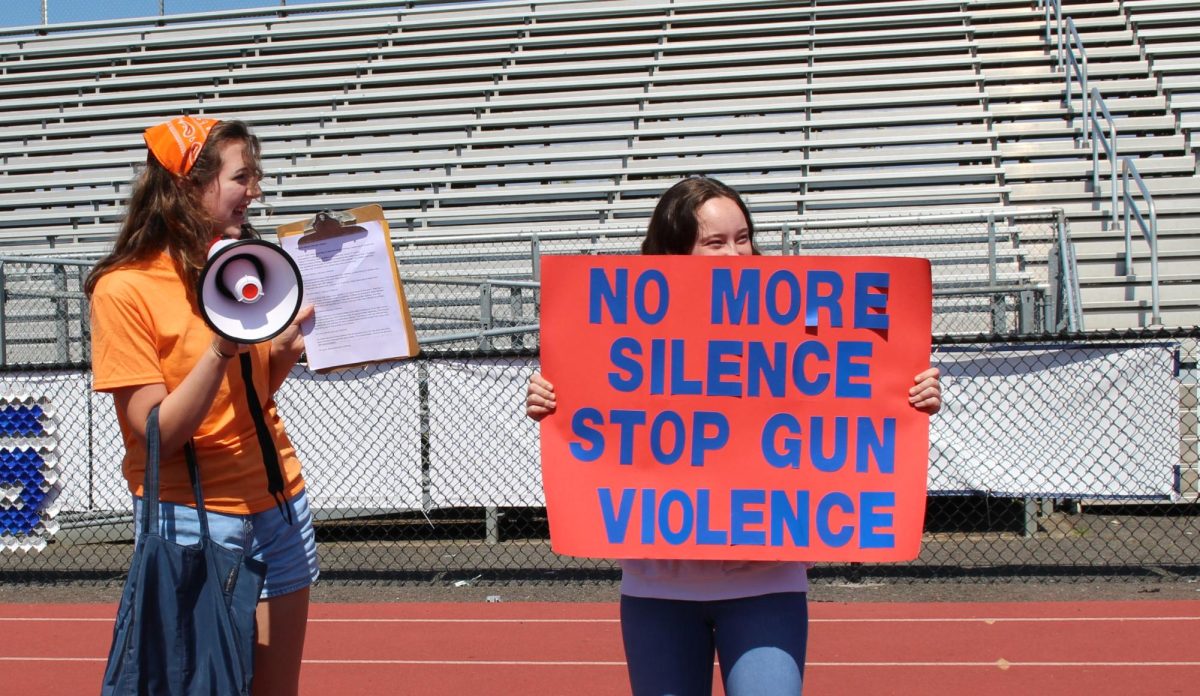


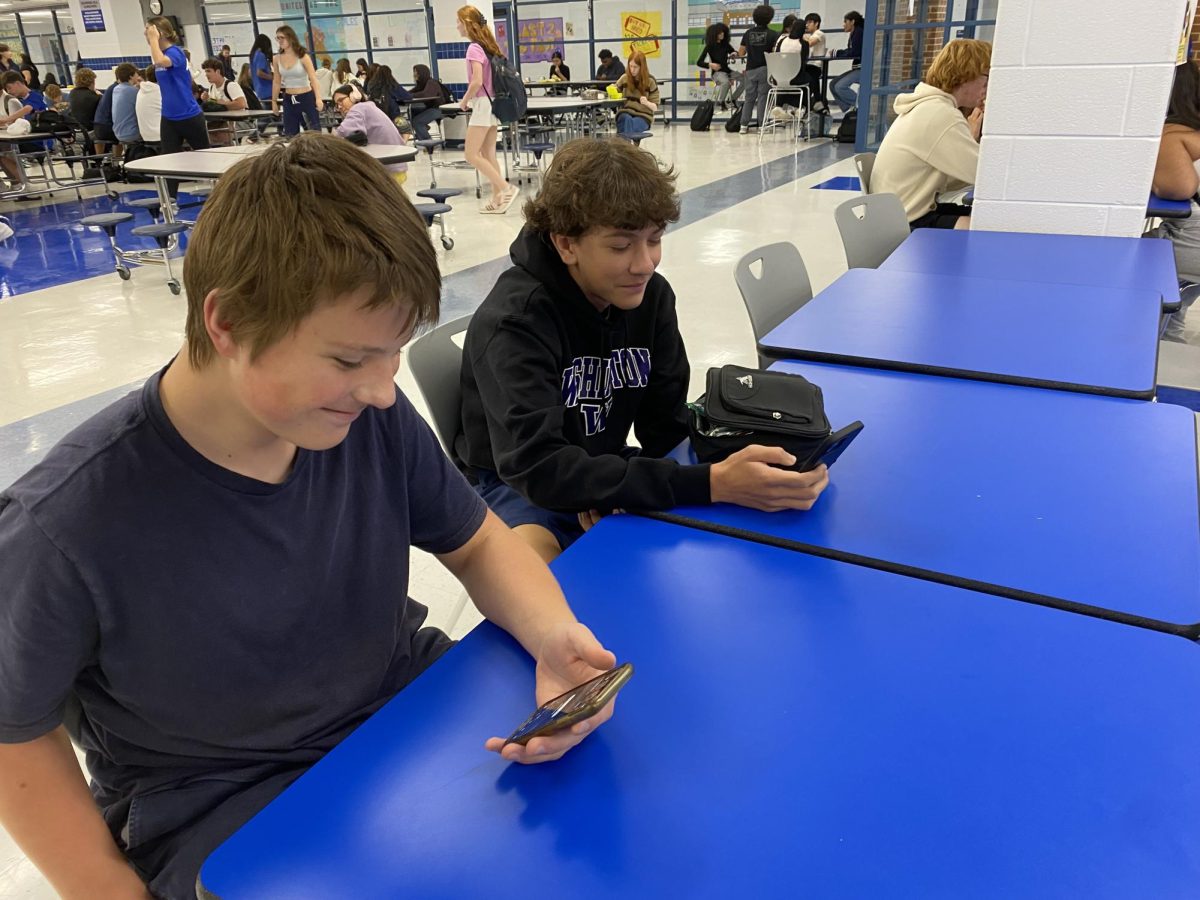


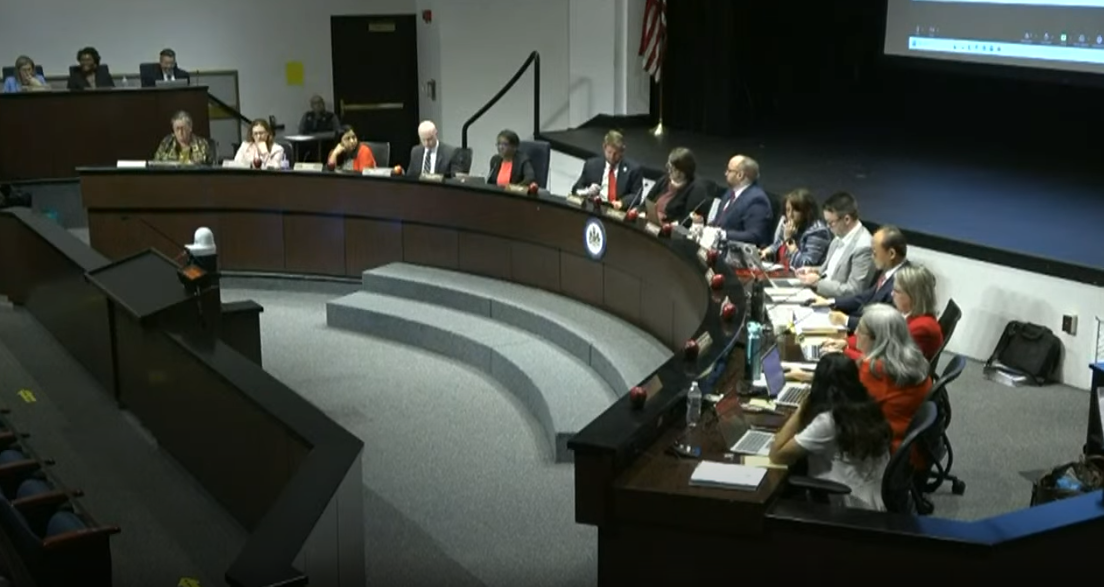

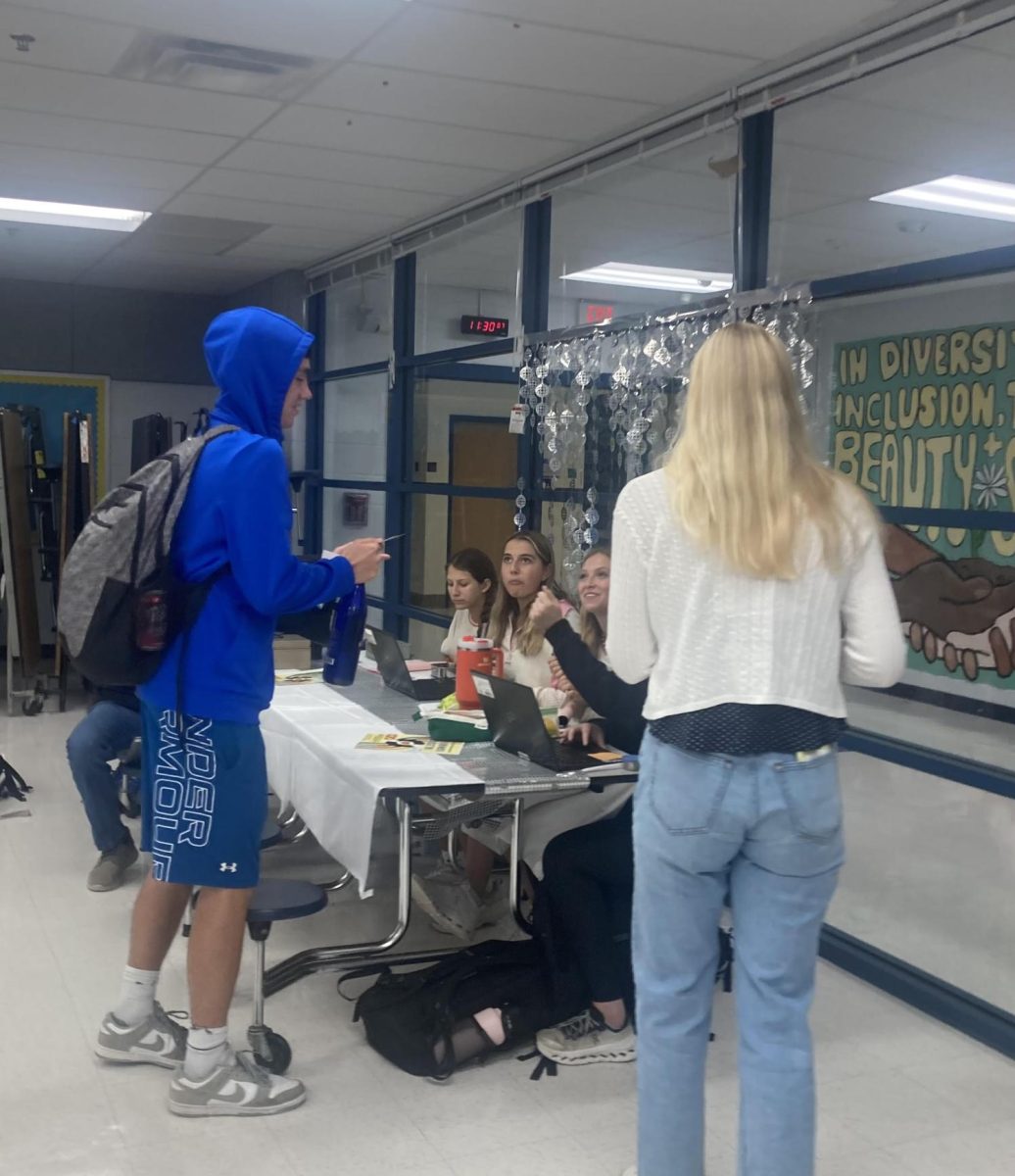








































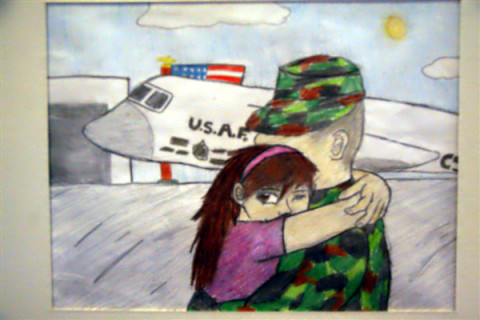
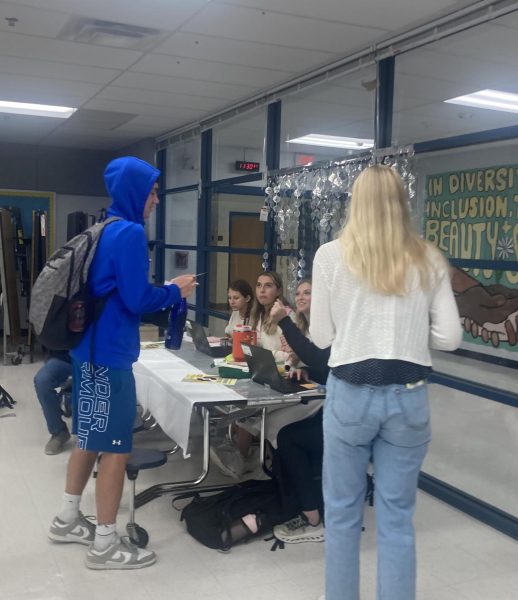
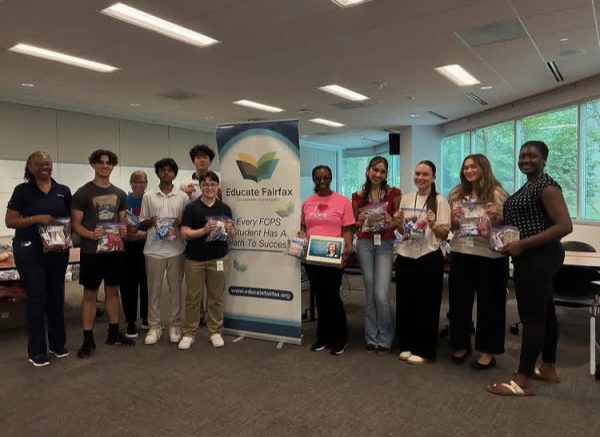
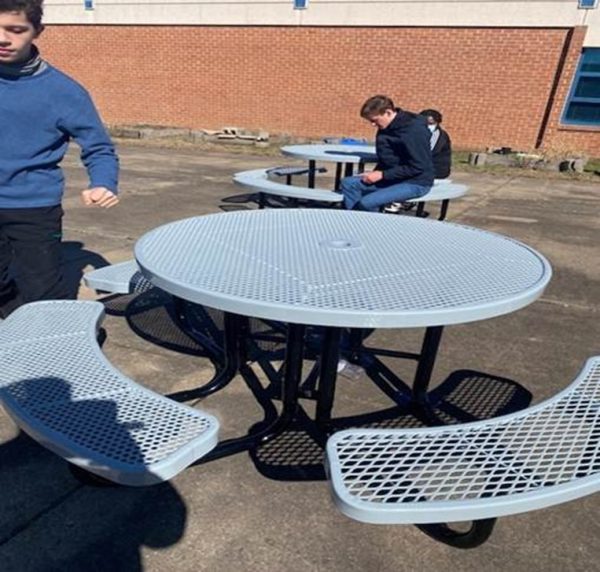
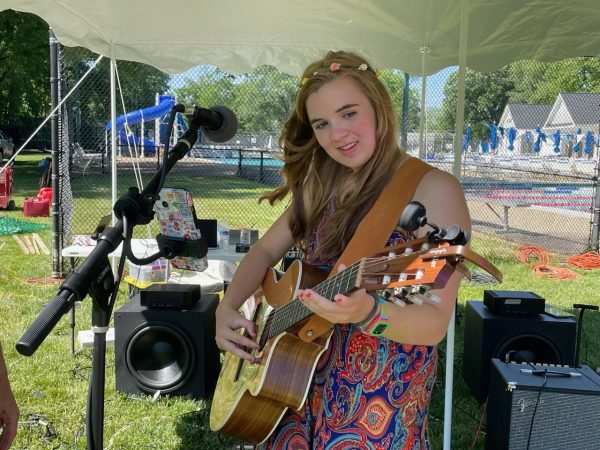
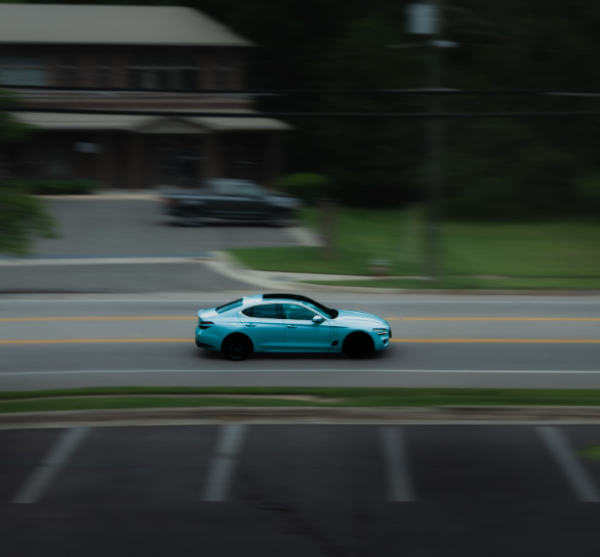
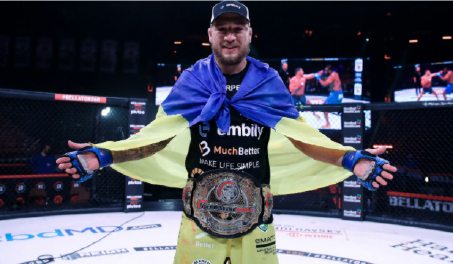




Tee Dee • Jul 4, 2017 at 10:31 PM
My experience as an Air Force brat from the late 1950s to the mid-70s has colored my whole life, mainly in regard to relationships and physical health.
I remember when we moved to the Philippines when I was eight, and met a girl I really liked. I thought, ‘I’m only going to love her 60 percent, so it won’t hurt so much when one of us leaves in a few months or a year or whenever.’ Makes me sad: a child, already having moved nine or ten times by then, trying to protect her heart from these repeated losses, developing coping skills based on the expectation that people come and go with no tears, no real attachment, no expectation of ever seeing each other again. The stoic, resilient child of the military, with no connection to childhood friends and no home to come home to once you turn 18 and your ID card no longer gets you past the front gate of yet another bleak military base, where in my case, both my parents still worked at the time.
It wasn’t until later that I came to understand the caste system the military forced on the families of military personnel based on the rank of the father (again, in my case it was my Dad, as it was for most brats in those days). My friend’s father was an officer and mine was not. Though she didn’t seem to care, other officers’ kids did and would separate themselves from the lower classes and make sure you knew why. Their clubs and amenities like pools were better, their houses were far better – AC compared to a swamp cooler in the 100 percent humidity of the jungle, real washing machines compared to the hand cranks and days of wet laundry hanging indoors out of the rain, never drying but molding, so we NCO kids went to school everyday in damp clothes, smelling like decay.
Three of the bases my siblings and I grew up on (that I know of) became superfund sites because of all the jet fuel and ammunition and other poisonous things the military tossed into piles everywhere.
Our house in the Philippines was on stilts beside a creek that they had walled in with stone. Typhoons were so common that we kids were sometimes alone when they hit. Mom would call and tell us to tape up the windows so they didn’t blow in, and stay indoors. As the oldest, it was my job to get that done and try to supervise my brothers too, who would rather play outside in the wild weather than listen to me. Being a tattle-tale was not encouraged, so there were no repercussions for them, except that time a bolt of lightning struck nearby and, instantly subdued, they came inside when I insisted again.
We had a maid who lived with us six days a week, but in this instance I don’t remember her being there. It could have been her Sunday off, or it could have been that she did not ever tell us what to do. It was the other way around, in fact.
Always afterwards, there would be old ammo under the house, because whoever walled in the creek had built an overflow channel that pointed right to our house. If my parents weren’t home, I knew to call Ordnance to come and get it. Once there was a pipe bomb – olive green and stenciled USAF in yellow paint, about two feet long. A staff sergeant came out and told us kids that it was old ‘Jap’ ammo from WWII that was washed down from the mountains. I was stunned that he would lie to our faces (we could read), but ever mindful of rank and hierarchy, none of us said a word.
A few years ago I looked on Google Earth to see where we had lived on Clark AFB in the late 1960s and early 70s. All the houses were gone, but you could tell where the roads were, and I found the stone-walled creek and traced it to the overflow channel that opened into our former back yard. Just upstream, in an area that had been off-limits to us, was a massive dump that straddled the stream. It was probably the size of half a football field. Shadows showed it was also fairly tall, maybe 30 or so feet tall. Still there, decades after we left, this was the source of the ammo.
Later I read that the Filipinos who set up tin-can houses outside the perimeter of the base after the US pulled out have been plagued with birth deformities, along the lines of thalidomide babies. The US military obviously has no intention of declaring Clark a superfund site, or cleaning up that toxic mess.
All us kids (and my parents) have had lifelong medical issues related to toxin exposure. One brother has been in a nursing home for the past six years. He’s 57. We’ve all had hormonal problems. I’ve had rheumatoid arthritis for 14 years and was diagnosed with multiple sclerosis five years ago. I can hardly walk now, at 58, though before these particular problems I would hike the mountains for weeks, and supervised work crews doing projects ranging from production tree planting to mopping up after wildfires.
So far, all I’ve found are studies into military brats’ mental health and drug use. Nothing on the lifelong physical repercussions of playing under a house where decades of toxins had accumulated downstream from an ammo dump.
So, yes, I have fond memories of monkeys throwing coconuts at our bonca boats as we were paddled down to Pagsanan Falls, and my Dad flying me to visit friends at another base (because it was too dangerous to drive the roads due to bandits), where we had to buzz the village to get the people to come move the caribou off the field so we could land.
But though my Dad served 23 years, including a year in Vietnam and many unexplained absences when he was stationed in Morocco or wherever while we waited for him back in the states, and my Mom was a civilian employee for 20 years, I am not a fan of the military or the culture military kids must endure.
My parents are both gone; my Dad gone 13 years now from Agent Orange Syndrome and my Mom from cancer six years ago. When I sorted through their stuff I found that the military had sent my Dad and brothers to Thailand while my pregnant Mom and her five year old daughter stayed in the states until she had the baby. I have no memory of this separation. She would have been 26, far away from any other family and with only the friendship of other transient military wives. But she lost the baby, a full-term child they named Patrick. The boys came home and we didn’t go overseas again for three years.
She lost a second baby in the Philippines, another boy. I also lost two school friends during our time in the Philippines, one of whom was my best friend. No funerals. No explanations besides the schoolyard rumors, despite the fact that I had spent the night before she died at my friend’s house. They just whisked their bodies and their families back to the states.
Jennifer Drake • Jul 9, 2016 at 8:19 PM
Another military brat chiming in! Btw, I HATE the question…where are you from? Have no idea what to say. Now I just the original “primordial ooze” from which all life springs. I’m a citizen of the globe. Saying you come from your mother’s womb works too! LOL!
I really wish the Military would extend health care and other benefits to the children of those who served many, many years or decades. We were BORN into the military. We had no choice. Hence, there are negative consequences (and good ones) that affect people their whole lives. I’m more nomadic, less able to settle down, less able to live a “normal” life, despite wanting to. Health benefits at the very least for people born into the military and were “in” until 18….often being “in” after that, as more kids are staying home longer as our economy drops.
PLEASE GOVERNMENT: PLEASE GIVE SOME BENEFITS TO KIDS WHO HAD NO CHOICE! For all those who made the choice, I humbly thank you for your immense willing to sacrifice your own life/lifestyle in order to serve. I salute YOU!! 🙂
Anonymous • May 11, 2015 at 4:59 AM
I’m a former Army brat and current U.S. Government brat. I believe there are more pros and cons. Yes, I get to experience new cultures and people and life styles. I can adapt easily. I have knowledge in many areas that I wouldn’t have if I didn’t live like this (sports, first aid, education, regulations and policies, etc.). I love the thrill of not knowing where I’ll be next until a month and a half prior. I love being able to say I’ve been here and done this. I love living in the fast lane but there are other things I’ve given up, other things I suffer through. First, family. I hardly see my dad. My mom works and over the years has started to pay less attention to my siblings and I. My siblings also aren’t built for this lifestyle. To see them struggle and not be able to talk to mom and dad when the need to is heartbreaking. Second, friends. I have lost many friends. I have trust issues because I know that I can laugh with people now, but I’ll be gone any day and never see them again. I don’t get to build relationships. I also see my friends suffer because I know they know I won’t be here much longer. That one day I’ll pack up and leave and they can’t do anything. Third, people. You see people suffering, people with family problems, people with self-esteem issues, people with abusive relationships. You have enough to last a lifetime. Fourth, the concept of home. I don’t have a place to call home. A place where I can go to every summer. A place where I grew up. I hate the question, “Where are you from?” I don’t get to have that kind of connection. Fifth, stability. Nothing is stable. Education changes every time I move. Schedules for my mom, dad, siblings, and I are like juggling with one hand while riding a unicycle on a flying elephant. Sixth, future. I can’t think of it much since I don’t know what will happen in the next two years. I don’t know where I’ll be or who I know. I don’t know what to do with my life when I go for college, or even how to stay in one place for more than three years. These are just some of my thoughts, and I ask you to please consider them.
Cat Currie • Jun 3, 2014 at 3:31 PM
Hello, I am a military brat, and I wish to share with you my point of view on the pros and cons of being a military brat. Honestly, I absolutely hate it. Yes, I have been to many places and seen many things that others can only dream of. Seems great, right? Not the way I view it. Do you know how many friends I have lost? Quiet a few now, too many to count. I have become even more of an introvert over the years, and have been diagnosed with depression. I have to go to a therapist. Recently, my parents have stopped taking me, so my depression has gotten worse. The only thing that keeps me from going absolutely insane is my boyfriend, who has been with me for many months. He is the only thing keeping me sane, and acts as not only a boyfriend, but a companion to me. Once again, I have been many places, but I would give all of those memories up to stay where I am now. I can see my future here mapped out behind my eyes, but being a military brat blurs that vision with doubt. I don’t know what I’m going to do with myself anymore, nor where I belong. I just had to share this with you. For all of you saying “wow, I wish I could be like them, traveling the world”, think again. Hold onto the memories you have, and cherish those people who are with you now. Thank you.